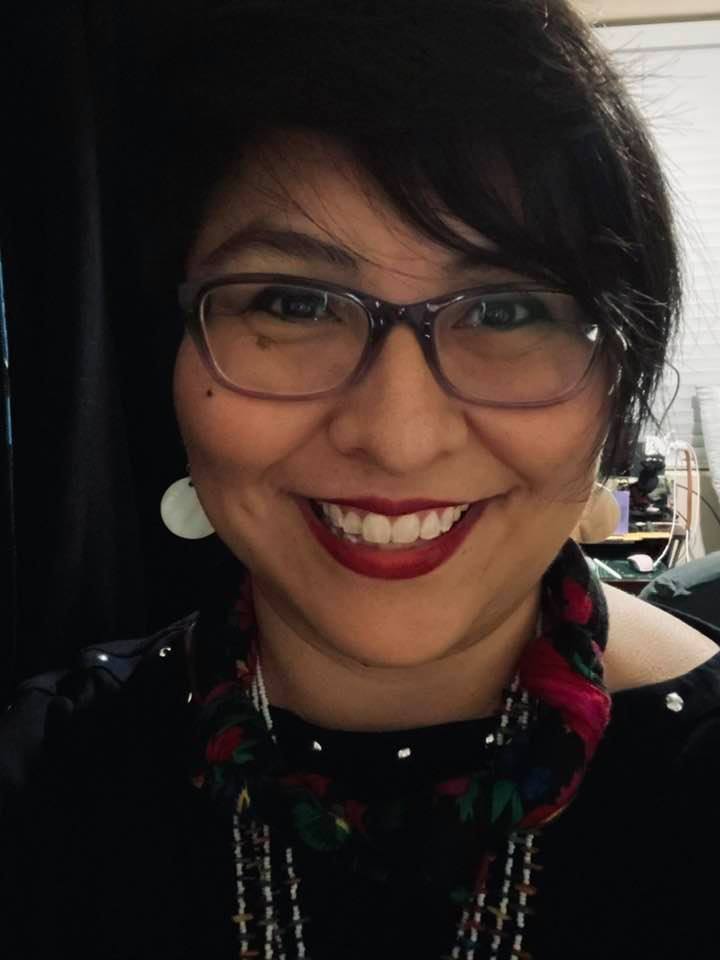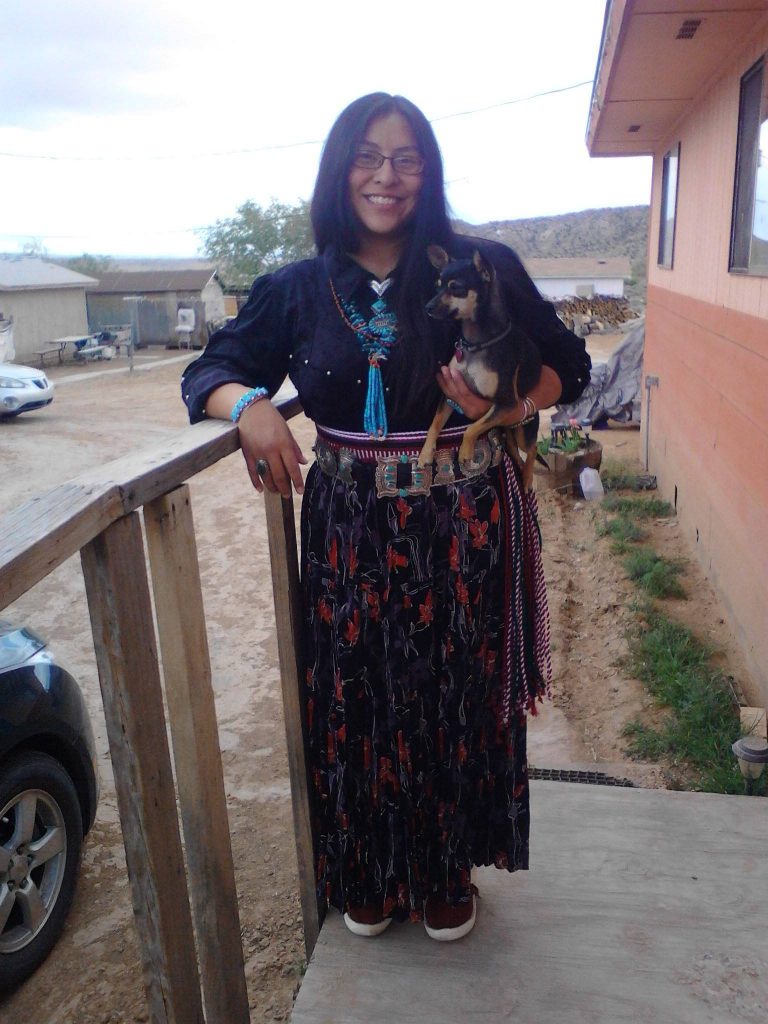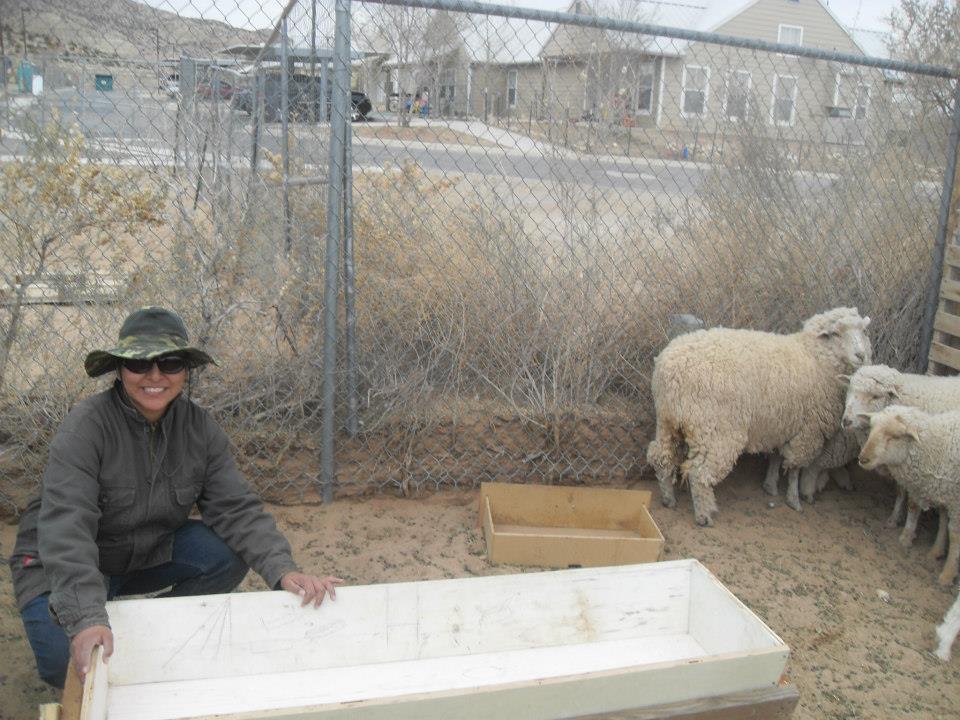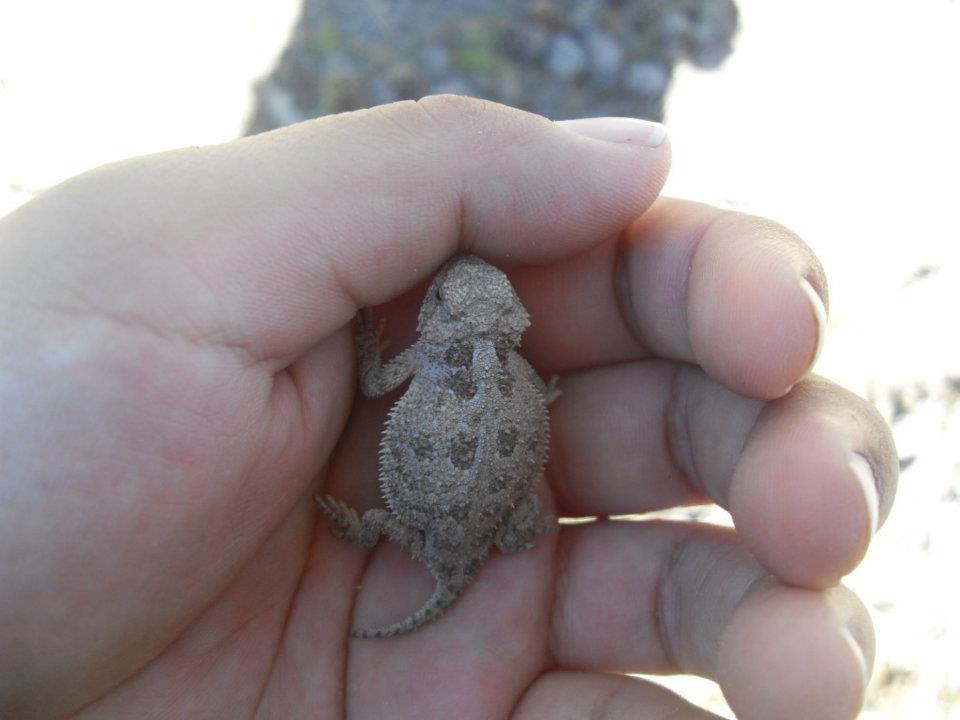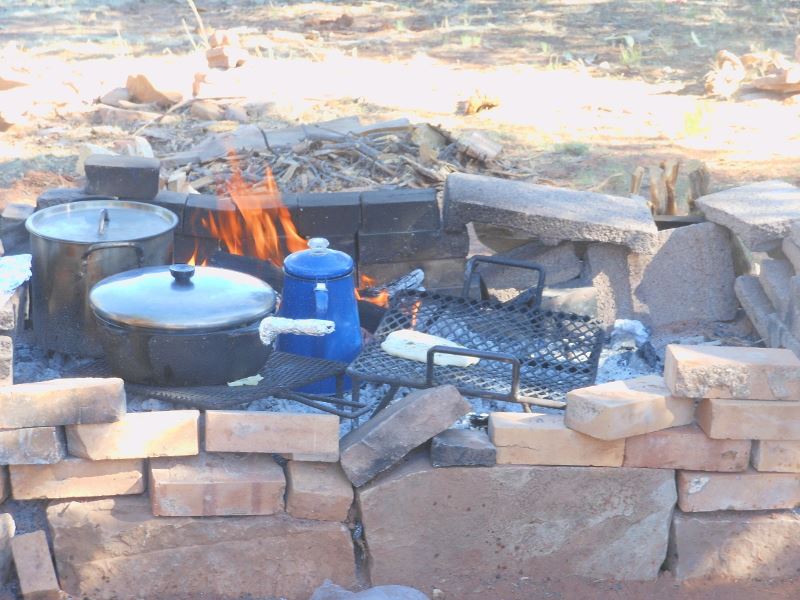What I Do
I’m the community manager of 7 Generation Games. I connect teachers, students, and communities to our educational video games, the Growing Math program, and our lesson resources. I also lead professional development for our Growing Math Project, co-design Making Camp Navajo, provide teachers with tech support, and travel for outreach. Today I want to kick off my Behind the Scenes blog series for Making Camp Navajo with a little “about me” and my beliefs.
My Values
I believe in helping other teachers. I taught in my own home community of Tohatchi, New Mexico from 2014-2016. Words that many entities use to label these students include the following: at-risk, rural, remote, and regressed. I can count myself as one of those students as I had attended grade school on the reservation from 1993 to 2006. This does not have to be the case forever. Through technology we are connecting students to expand their perspectives and see a future with them leading the charge in taking advantage of their own learning and discovering new opportunities within our community.
Coming to Terms with Post-Colonial Identities
Students in the Indigenous communities are coming to terms with their post-colonial identities and what sovereignty means to them. I want to continue helping local Indigenous and non-Indigenous teachers build the bridge for them toward decolonization and identity reclamation because I believe that many Indigenous people are a force to be reckoned with. We have so much untapped talent and potential that could be developed. We have Indigenous NASA engineers and an astronaut now who have studied STEAM to be able to report back to all of humanity about the wonders of space. These are people who have an unfortunate connection to a legacy of trauma due to colonization policies. What is it to feel normal as a Native person at large? We hope to help students open doors to new opportunities and find their places in the world by creating visibility and acknowledging that yes, they too can achieve their dreams.
Small steps are being made in some communities across what we Native people call “Indian Country,” but so much still needs to be done as we’ve weathered the Covid-19 pandemic and lost community members, many of whom were educators and Elders themselves who knew oral tradition, traditions, cultural practices, and other valuable knowledge. We don’t have all the answers and we’re not the end all, be all to the solution of reclamation, but you as an educator can draw from our resources library and save some time and energy for your other teacher tasks, while feeling secure in that our lessons were developed safely and securely by educators with the cultural materials vetted by tribal consultants.
Supporting Indigenous Education with Tech
Marketing video games of any kind is not easy, whether or not they are intended for education. We have to build trust with our audience like any other business. We leverage our grant resources to develop standards-aligned educational games and resources and deliver them to educators across our six states through our Growing Math pilot program.
Though getting video games into classrooms is a challenge, we are still making it happen. The other day I was so happy to hear back from a Growing Math teacher using 7 Generation Games in her classroom. Her Indigenous students love Making Camp Lakota. They enjoyed practicing multiplication to be able to “buy” items for their tipis. I love hearing that Indigenous students are having fun with learning math in context. This same group of students also enjoyed the game’s Lakota language option.
That brings me to Indigenous languages. Lakota students who are now able to hear the Lakota language being spoken in a video game is new. It is not an experience their older relatives were able to enjoy when they were young. When they were young, many assimilationist policies were still in place, especially in boarding schools. Though that has started to shift now, the policy-enacted damage was done across the US and Canada and beyond, with Indigenous communities now working to learn about themselves again and heal, in what sometimes feels like a race against time.
Vision for the Future
I believe that providing the bilingual games as a resource to learning one’s Indigenous language and culture can provide a stepping stone toward Indigenous identity reclamation. And because there are only so many hours in a day, setting aside even just thirty minutes twice a week for math and Indigenous language exposure can help Indigenous students improve their math skills and tribal history, and become familiar with their Indigenous language alongside their peers.
Stay tuned for our next Behind the Scenes of Making Camp Navajo with Christy Hanson!
Games
Visit our Games webpage here. These are the ones up for purchase. Some are free to play. No, they don’t have ads in them because they are meant for education. Even if you’re not a teacher you can download the games here to play them for fun or for at-home learning and study.
Growing Math Pilot Project for Teachers
Teachers can participate in our pilot program and receive a stipend of $150 for their time and full participation. This includes two hours of PD and a follow up activity of their choice (implementation or lesson development), along with the final step, which is a survey that collects the details of their experience with our resources and our webpage resources (which informs our developer team).
Are you a teacher? Are you interested in signing up for Growing Math? You must be located in Arizona, Minnesota, New Mexico, North Dakota, Oregon or South Dakota to receive a grant-funded stipend of $150. We also invite brand-new teachers, paraeducators, substitute teachers, tutors, and after-school program teachers who work directly with students to participate.
CLICK THE LINK TO VIEW THE GROWING MATH SIGNUP FORM IN A NEW WINDOW

